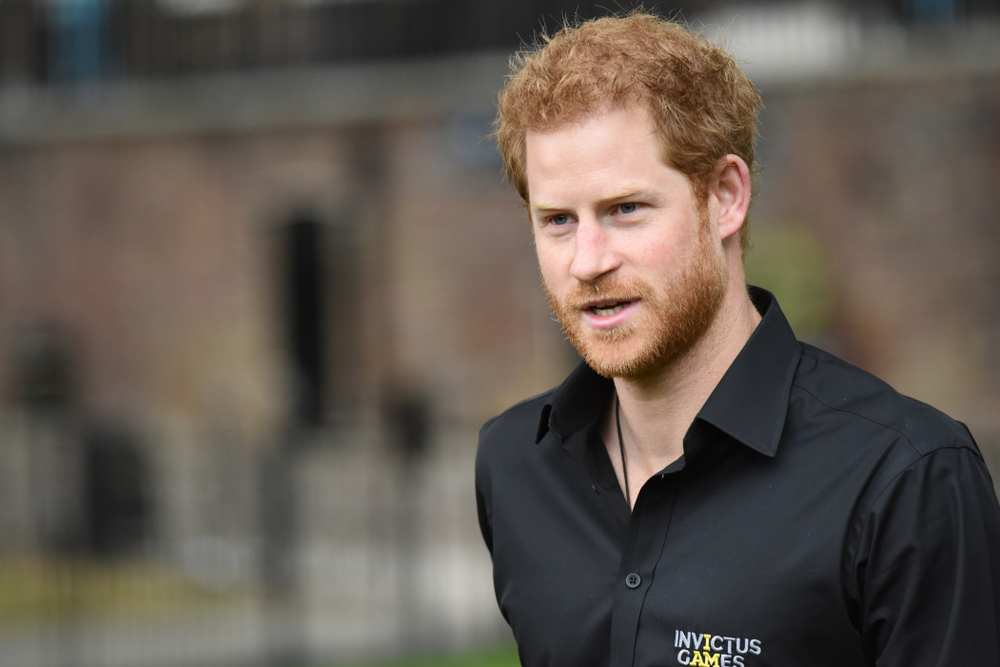So, which one was it?
Others are reading now
Prince Harry made a surprise visit to Ukraine last Friday, meeting with wounded veterans of the Ukrainian Armed Forces in the western city of Lviv.
The unannounced trip, his first to Ukraine, was widely seen as a gesture of solidarity amid the ongoing conflict with Russia. However, what began as a symbol of support quickly turned into a controversy over a seemingly simple gift: Easter cake.
During his visit, Prince Harry was presented with a traditional Easter basket, which included paska, a customary Easter bread deeply rooted in Ukrainian tradition.
But shortly after images of the gift surfaced online, a debate erupted across Ukrainian social media, with many questioning whether the cake was truly Ukrainian paska — or the Russian kulich, a visually similar Easter bread.
Also read
Critics argued that gifting Prince Harry a kulich on the eve of the Orthodox Easter, especially amid a war defined by national identity and resistance to Russian aggression, was culturally insensitive and undermined the symbolism of the occasion.
In response to the public outcry, Kyiv 24 TV invited Olena Braicenko, a prominent researcher of Ukrainian gastronomic culture, to clarify the matter. Braicenko firmly rejected claims that the cake was Russian in origin.
“We know too little about the regional history of Ukrainian cuisine,” she said. “For example, in the Ivano-Frankivsk region, paska without icing is more common, but decorated with a braid and a cross on top. In the Kharkiv and Sumy regions, paska was decorated with egg and grated ginger to give it a yellow color.”
Braicenko emphasized that the presence of white icing — the feature many online commentators cited as evidence of Russian influence — is not uniquely Russian but rather a product of evolving confectionery traditions. “I am categorically against these comparisons. Let’s study Ukrainian sources and get to know our history without always relating it to the culture of the aggressor,” she concluded.
Ukraine’s Economy Minister Yulia Sviridenko also weighed in, providing additional context. According to Sviridenko, the Easter cake presented to Prince Harry was baked by grandmothers from the Sumy region, using flour made from wheat grown on demined land near the Russian border.


